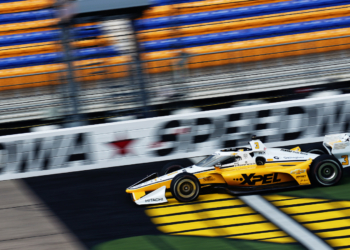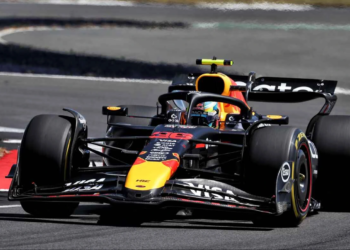Red Bull might not be the dominant force it currently is next year according to team principal Christian Horner who admitted there is no guarantee they’ll have the fastest car in 2014.
The Briton is obviously hopeful that Red Bull have got it right, but as history has shown, big regulation changes often throw up unusual results and he says there is no reason next year will be any different.
“Somebody’s got to get it right and somebody’s got to get it wrong,” he told Sky Sports. “It’s the one element that nobody will know until we get to the first race next year.
“There are no guarantees in anything. But I think we’ve got good people, we’ve got a very good engine partner, and we’ve got some strong opponents. So it’s impossible to make predictions. All we can do is the best job we can and then we’ll see how that measures up against the opposition when we get to the first race.”
The engine, which will switch from the reliable V8 units to the unknown 1.6 litre turbo-charged V6 power units next season, is understandably one of the key elements to get right and Horner is confident their engine partner, Renault, will have managed that.
“Red Bull is the works partner of Renault for next year, so effectively it is the factory team and, yes, we’ve been very closely involved in the development of the power unit in terms of installation,” he added.
“They might get it wrong; hopefully they’ll get it right. In the past, they’ve a good track record when there have been regulation changes – big regulation changes – so we’re reliant on the skill of the engineering staff and design staff in Viry.”
He believes reliability will play a role as engines will be required to complete over four races per unit, compared to 2.5 at present.
“Based on the lack of mileage the engine suppliers will have, I think that reliability – especially as the engine has to do more mileage – will become a bigger element. The level of testing is pretty limited. I think that dyno time and preparation is going to be critical for the engine suppliers. I think that most of them will be running their engines on the dynos now,” he said, adding: “If they’re not then they’re already late.”






